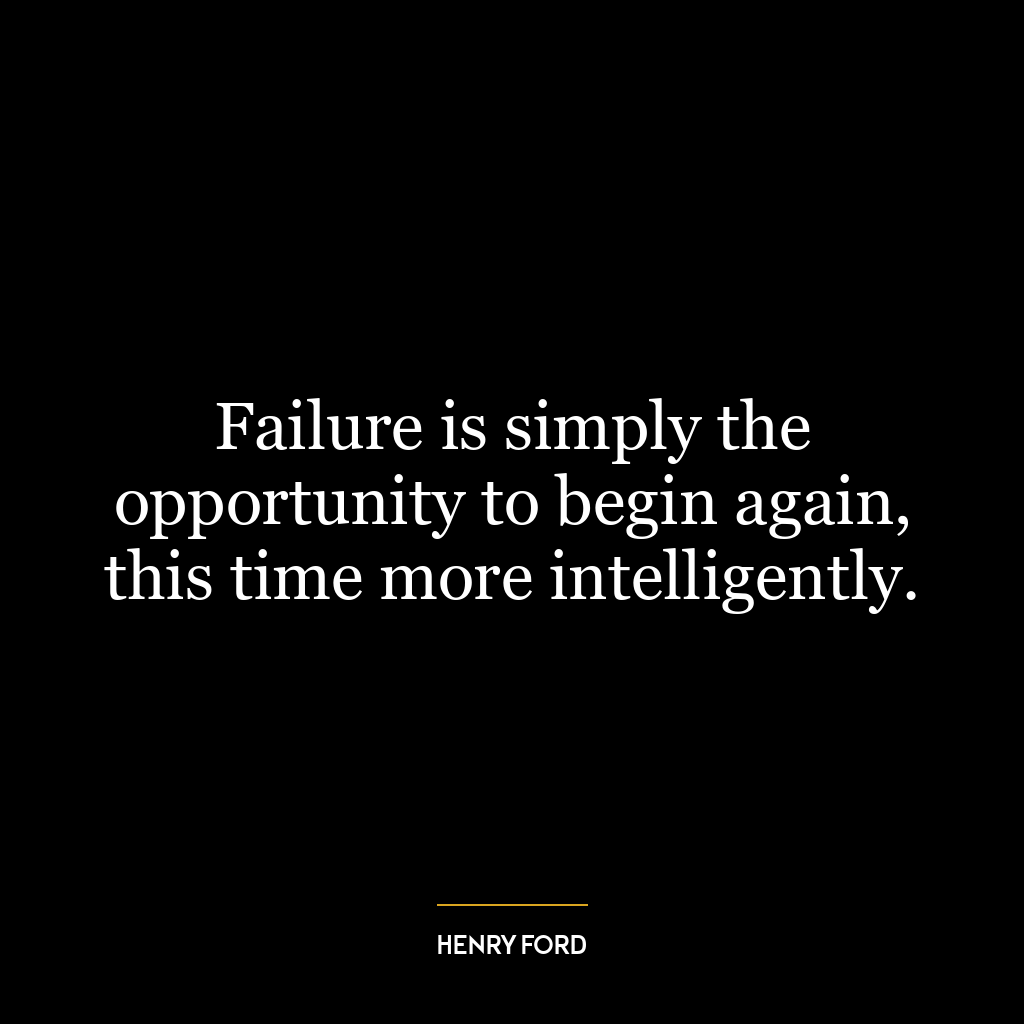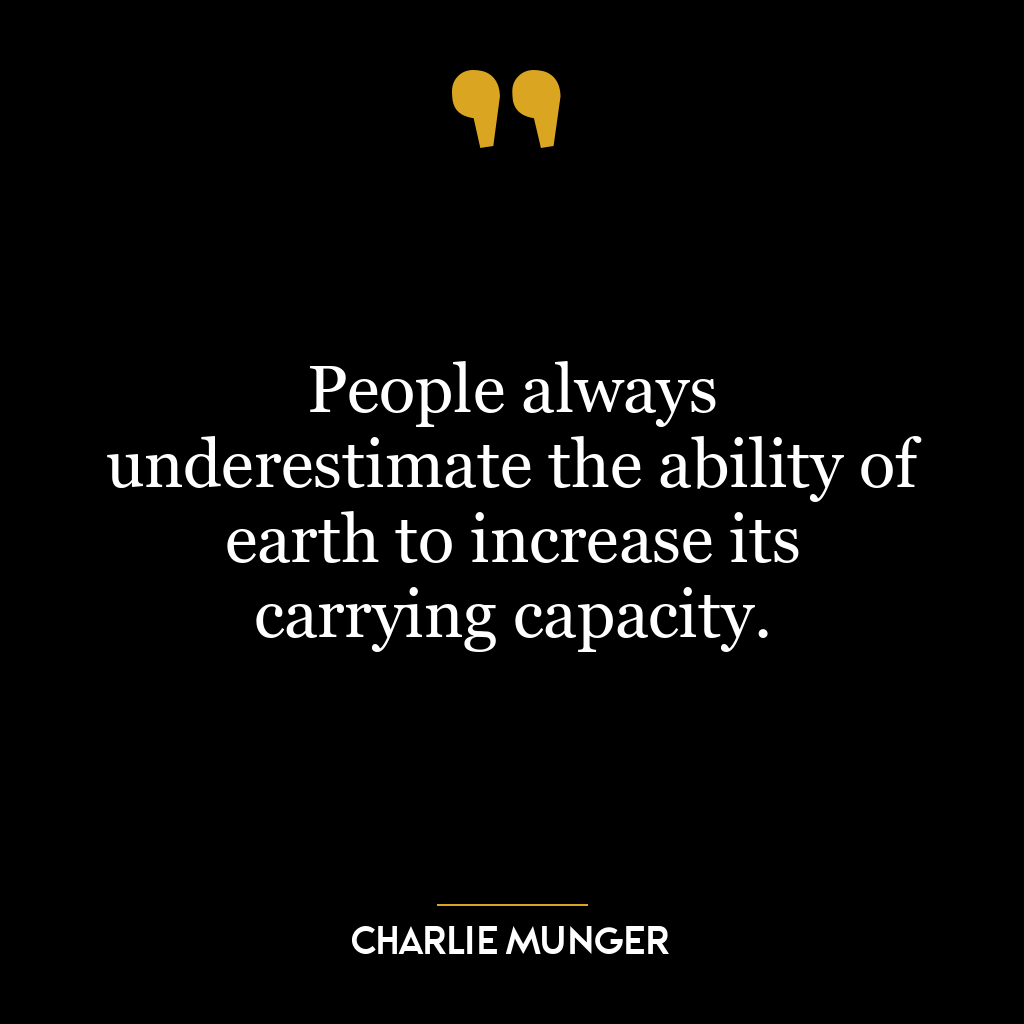Failure is simply the opportunity to begin again, this time more intelligently.
This quote emphasizes the concept of failure not as an end, but as a stepping stone to success. It suggests that failure is not a dead-end, but a detour or a stepping stone that provides a fresh starting point to try again. The added advantage of this retry is the acquired knowledge and experience from the previous attempt, which equips us with a better understanding and an improved strategy.
The phrase “this time more intelligently” is particularly significant. It implies that the lessons learned from the failed attempt should be used to make more informed and smarter decisions in the next attempt. Thus, instead of repeating the same mistakes, one should analyze the reasons for failure, learn from them, and use this understanding to navigate future attempts more effectively.
In today’s fast-paced and competitive world, this perspective on failure is more relevant than ever. With technological advancements and the rise of entrepreneurship, individuals and organizations are encouraged to take risks and innovate. However, this also means a higher possibility of encountering failure. Viewing failure as an opportunity to learn and improve can foster resilience, drive innovation, and ultimately lead to success.
In personal development, this idea can be applied to various aspects, such as learning new skills, changing habits, or pursuing goals. For instance, if someone is trying to learn a new language and finds it difficult, instead of giving up, they can identify their weak areas, modify their learning strategies, and try again with a more informed approach.
In conclusion, this quote encourages a growth mindset, where failure is not a setback but a valuable resource for learning and improvement. It promotes the idea of resilience, perseverance, and continuous learning in the face of challenges, which is essential for success in today’s world and personal development.








